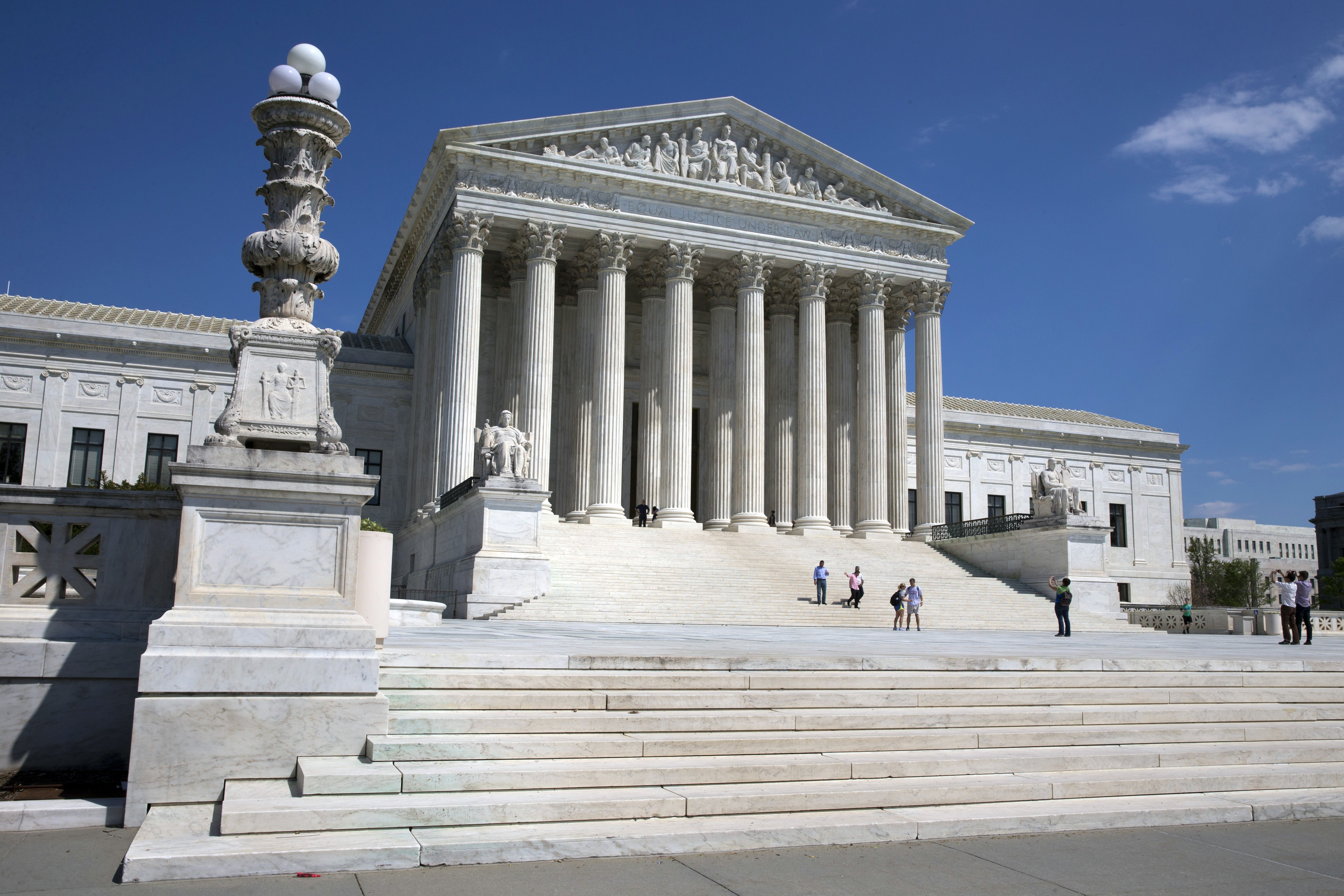The Story Behind Grove City College’s Supreme Court Case
On one of my first visits to Grove City College, way back in the spring of 2012 as a prospective student, I was approached by a member of the Office of Admission. This staff member asked me if I knew about the Supreme Court case that Grove City had participated in during the 1980s. I had not and told him so. He then gave me the typical (and perfectly good) short 1-2 sentence explanation of what that case entailed. “It allowed us to refuse federal funding. It was really a big deal.” Upon hearing this, I was satisfied with the explanation and did not think about the case again, except of course to give the same short explanation to anyone who was asked me about my college or to future prospective students.
Fast forward to 2016. I am a senior political science major going on to law school and I know nothing more about Grove City College’s glorious Supreme Court victory than I did four years ago. To give honor to my major and my future career and to inform the masses about what this case really means for our school (especially for students and their families), I did some digging. Hopefully this short summary will give you what I have so desperately lacked for four years: a deeper explanation of the actually extremely meaningful and valuable thing that is Grove City College v. Bell.
Grove City College in 1983 was not so different than it is today. At the time, the College did not accept any federal funding, and thus, thought they should be able to refuse to sign the federal government’s standard “assurance of compliance” form (“COURT TO DECIDE CASE ON SEX BIAS”, 1983). Basically, signing this form means that the College would agree to follow all government policies. Of course, Grove City College did not want to do this. So, they had a long standing battle with the government as to whether Grove City College could be forced to sign and comply with this form. The Supreme Court of the United States decided that yes, since the college received federal funding in the avenue of student federal loans, the College’s compliance could be compelled only in financial aid office (Lascell). Then the 1984 Congress, not particularly liking the ability of Grove City College to ignore other federal regulations, passed a bill saying that if any part of the school has federal connections, the entire school must comply with all federal regulations. So, the College responded by refusing any dollar of federally touched money: grants, loans or otherwise.
So, what does this mean for us today?
- Generally, we are exempt from federal regulations.
- Our financial aid office does not accept any federal loans or grants. Rather, we have our own programs for those students in need.
- We are free to promote faith as we choose.
- We limit student indebtedness.
- Our athletic statistics are not monitored by the federal government.
- We stand by our pillars of “faith and freedom”.
- The federal government cannot track demographics of our students.
Just by attending GCC, I already knew my college had strong principles. However, we then choose to truly live by those principles. In the words I have heard many times at this institution, “Faith and freedom matter.” Yes, they certainly do.
Here’s a great video that sums up the whole case!
[youtube https://www.youtube.com/watch?v=NTCOa9KT7L4&w=560&h=315]Works Cited
“COURT TO DECIDE CASE ON SEX BIAS.” The New York Times. The New York Times, 22 Feb. 1983. Web. 02 Apr. 2016.
Lascell, David M. “Grove City v. Bell.” GROVE CITY COLLEGE v. BELL:(n.d.): n. pag. Grove City College. Web. 02 Apr. 2016.
